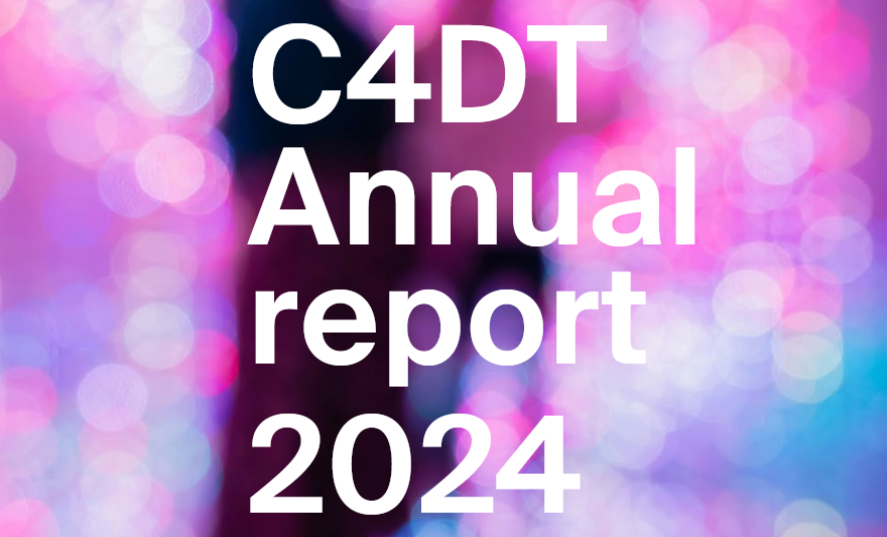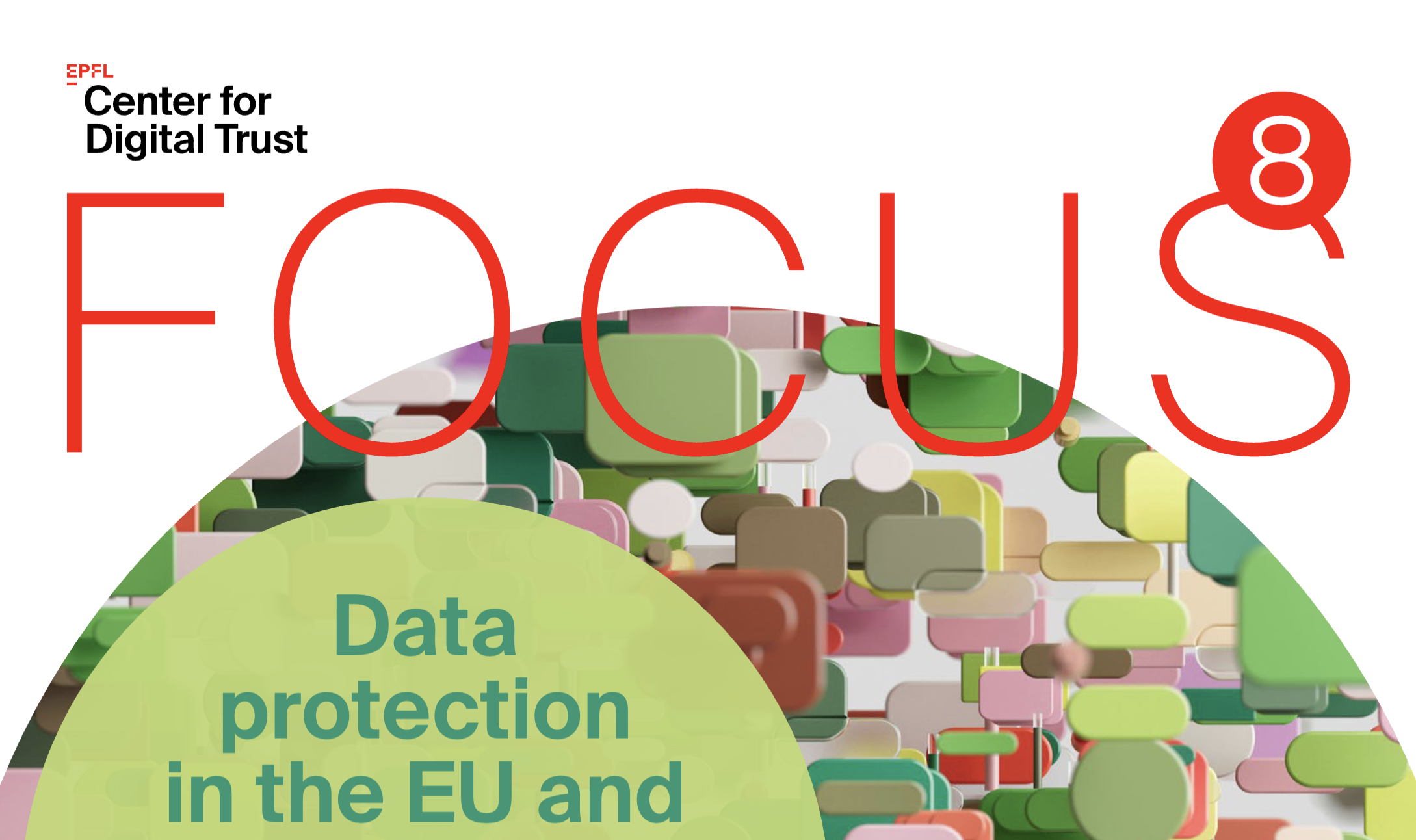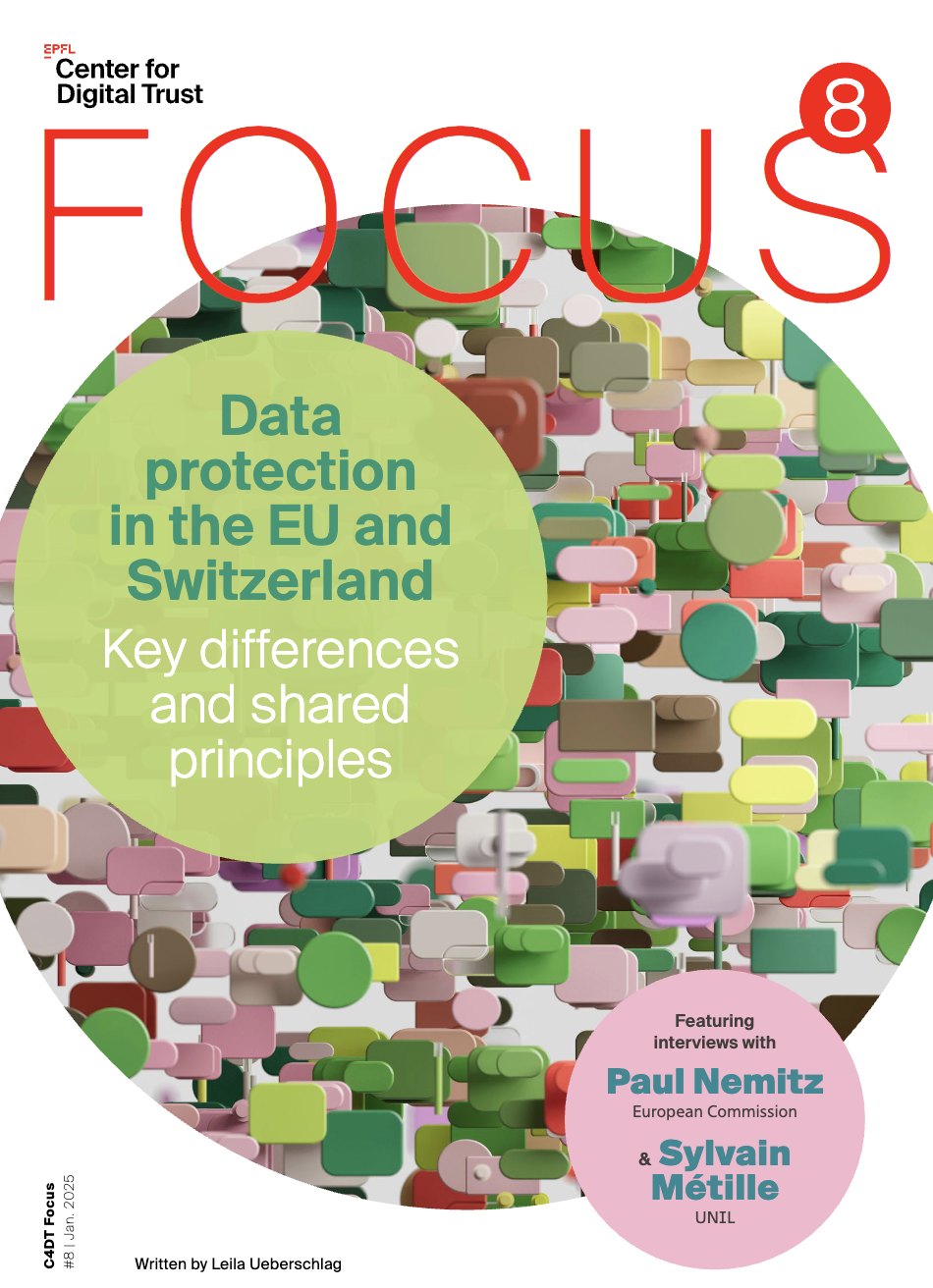
Entre l’espionnage de nos conversations WhatsApp et l’activation à distance du micro ou de la caméra de notre téléphone, le film “Cybersurveillance, un impact planétaire” révèle comment des gouvernements utilisent des technologies de surveillance pour cibler certains de leurs citoyens et interroge notre rapport aux libertés fondamentales.
Donald Trump’s new Department of Government Efficiency, led by Elon Musk, is set to transform the US Digital Service into the US DOGE Service, ostensibly to modernize federal technology. However, there are indications that the true focus is on cost-cutting and workforce reduction, as evidenced by executive orders mandating a government-wide hiring freeze and allowing (…)
Do you believe in magic? Recent research reveals a ‘lower literacy-higher receptivity’ link, suggesting that the less people understand AI, the more they perceive its human-like capabilities as magical, making them more likely to use it. This quirky perspective on how people perceive AI could reveal new ways to communicate its benefits and risks to (…)
It is said that the Internet is capable of routing around missing links and setting up new routes. But what do you do if the data itself gets removed from the internet? Well, you create a copy, preferably before the data gets taken down. This is the work of the Internet Archive, which shows once (…)
The new laws targeting AI-generated CSAM position the UK as the first nation to criminalize the possession, creation, or distribution of AI tools used for generating such material, imposing penalties of up to five years in prison. These measures also prohibit related manuals, penalize those operating websites that share CSAM, and grant Border Force the (…)
While free fitness apps may seem like a cost-effective way to stay in shape, it’s worth reconsidering the hidden price you pay with the sensitive data these apps collect and sell. Some of these do so with sensitive information, such as racial or ethnic background, disability status, and location data to third parties, yet very (…)
While the ‘Code of conduct on countering illegal hate speech online’ that the European Commission included into the Digital Services Act (DSA) is work in progress, the fact that even companies such as Meta and X feel compelled to sign shows that regulations are far from the toothless tigers that they are often made out (…)
Cryptocurrencies are in again thanks to Donald Trump. Is the U-turn the new government is taking on digital assets due to careful deliberations of the advantages and risks? Is its goal to take currencies into the 21st century and beyond? Or is it nothing but the result of an extremely successful lobbying campaign? This may (…)
We’ve been having a lot of discussion about the ‘Swiss Government Cloud,’ which is effectively hosted in the USA and China. The EU has the same setup, but someone – likely in the Trump administration – is now attempting to put holes in it by removing parts of the privacy guarantees its remote cloud has. (…)
DeepSeek, a new Chinese open-source LLM that uses limited resources—particularly older Nvidia chip models—extremely efficiently, has exploded onto the AI tech scene almost overnight. Many are calling this a new ‘Sputnik moment’ for the US. Already the most downloaded free app on the US Apple Store, DeepSeek is expected to challenge the oversized investment bubble (…)

We are incredibly proud to announce the publication of C4DT’s 2024 Annual Report. Thanks to the support of many people (partners, researchers, government officials, etc.), the C4DT has further blossomed.

AI has the potential to revolutionize also software development and IT in general. To explore the implications of AI on these domains, we organize a by-invitation-only roundtable discussion. The objective of this roundtable is to gather insights from visionaries and experts to understand the impact of AI on the entire SDLC, beyond technical aspects and coding. We aim to explore how AI can contribute to more productive, higher quality, and successful IT projects while mitigating potential risks and challenges that may arise in the integration of AI into the SDLC.
This event is organized by C4DT in collaboration with ELCA.

Friday, February 7th, 2025, 14h-17h, BC 410, EPFL Introduction Artificial Intelligence has the potential to revolutionize also software development and IT in general. To explore the implications of AI on these domains, we organize a roundtable discussion. The objective of this roundtable is to gather insights from visionaries and experts to understand the impact of (…)
I find this article interesting because it reveals how popular apps are being used to collect personal location data through real-time bidding (RTB), all without the knowledge of the app developers. The hacked Gravy Analytics files prove how apps, even those that are supposed to be private, can accidentally become part of this data supply (…)
This article discusses the effectiveness of the fact-checking mechanism that was recently discontinued by Facebook. I like it because it is easy to read and offers an objective perspective based on scientific statements.
This provides a great overview of the extent and methods by which US critical infrastructure has been infiltrated over the past two years. It is clear that the lack of baseline cybersecurity requirements and inadequate product life cycle management by technology suppliers and telecom companies have created significant vulnerabilities. Equally concerning is the shift from (…)
The year ahead is likely to be a complicated one… Tech giants’ efforts to influence traditional media reflects both (positive) implications regarding traditional media’s enduring relevance as well as (cynical) implications regarding tech’s sway over them.
Meta lays out in this blog post their rationale behind axing third-party fact checking and sweeping changes in content moderation on Facebook, Instagram and Threads. It is important to read this (or watch Mark Zuckerberg’s video) with recent company history in mind: Facebook’s failure to properly moderate content helped fan the flames in the Rohingya (…)

This issue examines the impact of the GDPR nearly seven years after its implementation, comparing data protection legislation in the EU and Switzerland, and explores future implications amid rising generative AI, featuring insights from interviews with data protection specialists.

Nearly seven years after the entry into force of the General Data Protection Regulation (GDPR) in Europe, what impact has it had on data protection? What are the main legislative differences between the European Union and Switzerland? And how will the situation evolve as the rise of generative AI in our daily lives further exacerbates privacy challenges? This edition of C4DT Focus explores these ques-tions by providing an overview of the situation in Europe and Switzerland, highlighting the simi-larities and differences, particularly through two interviews with data protection specialists

As we come to the end of a year in which half the world’s population went to the polls, EPFL researchers developed and field-tested a groundbreaking new technology to protect remote electronic voting or e-voting from voter coercion and vote buying.

Artificial intelligence (AI) may be a weapon of mass disinformation, but a recent report has demonstrated that its impact thus far has been limited
From data theft to interference in democratic processes, we’ve often warned of the negative consequences of digitalization in our weekly picks. To end the year on a more positive note, I like the way this site allows you to visualize the migrations flows of different bird species. Beautiful and peaceful.
Looking for something different this holiday season, but don’t want to go overboard? Consider exploring social media feeds without relying on “The Algorithm” to dictate what you see. While this option isn’t available on every platform and isn’t equally sensible for all, the EU has made it possible for you to have this choice. We’re (…)







